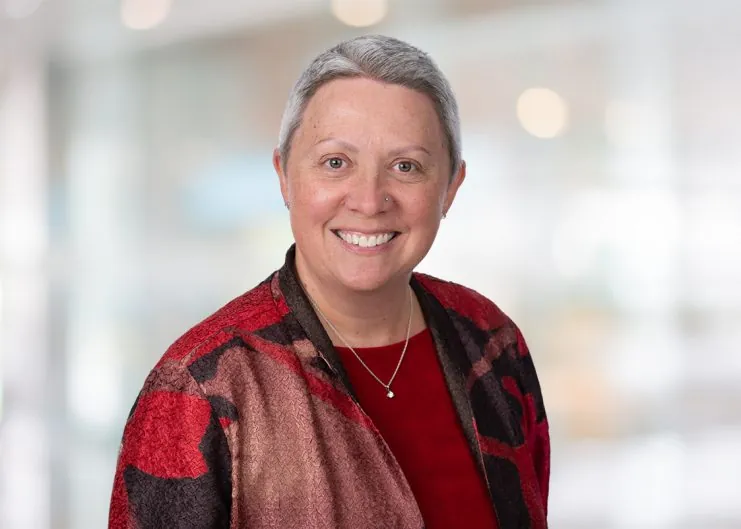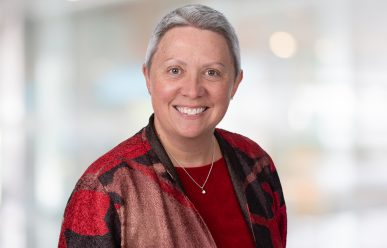Mental Health Privilege & Maryland Divorce Blog Law Series – Part 2
This blog series discusses mental health privilege (the confidentiality a client has/clients have with their mental health provider) in contested family litigation (such as divorce and custody).
To recap:
A “privilege” is the legal right to protect a communication from disclosure & to keep information confidential. Privileged information cannot be used in contested litigation unless the privilege is waived.
This blog explores “the who” – who provides privileged services.
Maryland’s 3 mental health privilege statutes* apply to the following types of providers:
- Licensed psychologist (§9-109(a)(2))
- Psychiatrist (§9-109(a)(4))
- Professional counselor (§9-109.1(a)(3))
- Psychiatric-mental health nursing specialist (§9-109.1(a)(4))
- Licensed certified social worker (§9-121(a)(3))
But one has to look at what’s beneath the title.
A “licensed psychologist” means someone licensed to practice psychology under the laws of Maryland.
But, the definition of “psychiatrist” doesn’t require Maryland licensure. (And irksomely refers to someone who “devotes…his time to the practice of psychiatry”.)
To understand who is a “professional counselor”, one has to go to Health Occupations Article Title 17 for the definition of “counselor.” Only to find that “counselor” is not generally defined (§17-101), but is an included term in the following definitions:
- Certified professional counselor
- Certified professional counselor – marriage and family therapist
- Certified supervised counselor – alcohol and drug
- Certified associate counselor – alcohol and drug
- Certified professional counselor – alcohol and drug
- Licensed graduate alcohol and drug counselor
- Licensed graduate marriage and family therapist
- Licensed graduate professional counselor
So, is §9-109.1’s privileged provider the narrower “professional counselor” or all the types of “counselor” defined in Title 17? As with licensed psychologists, the definitions of “certified” and “licensed” in §17-101 all mean, broadly speaking, authorized by Maryland’s State Board of Professional Counselors and Therapists.
§9-109.1 doesn’t specify that a psychiatric-mental health nursing specialist must be licensed or certified by the State of Maryland, but:
- Does use the term “registered nurse”, which in Health Occupations §8-101 requires either Maryland licensure or multistate licensure
- Allows a master’s degree (with or without a baccalaureate degree)
- Allows certification by the American Nurses’ Association or body approved by the Board of Nursing
Finally, §9-121 requires licensure as a “certified social worker” under Health Occupations Title 19. Perplexingly, Health Occupations §19-101’s definitions do not define “certified social worker” or “social worker”. Though they do define “license” and “certified” and refer to the practice of “certified social work” and “certified social work-clinical”. So, there’s that.
If you’ve read this long, here’s your reward with key takeaways…
- What a provider calls themselves does not mean it’s privileged: Go beneath the title
- Privilege starts with the provider & whether they qualify as privileged
- “Counselor” and “therapist” in a provider’s title does not automatically mean privileged
- So, who may not be:
- School counselor
- School psychiatrist
- Art therapist
- Pastoral counselor
- Behavioral counselor
- That’s why you have to go beneath the title
- So, who may not be:
But there’s more!
Next step (and blog) – what is privileged?




